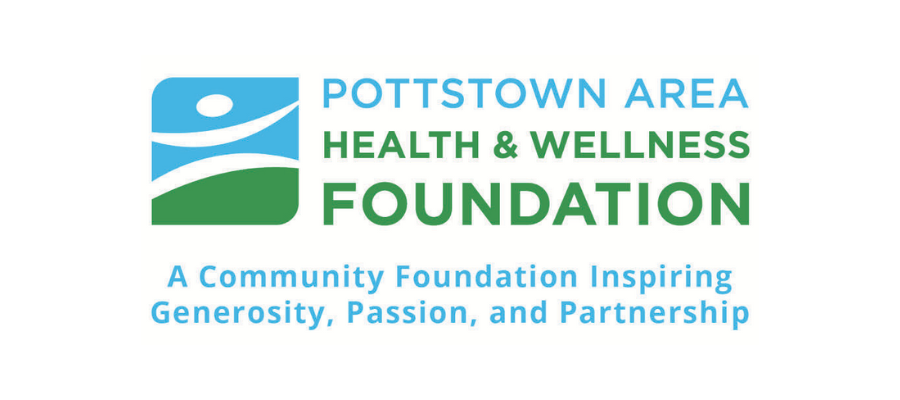Magnesium: The Mineral that Multitasks
The body’s magnesium levels impact many factors, from moods to muscles and heart health to migraines. Do you get enough magnesium to help prevent disease as well as improve your overall health? Pottstown Area Health & Wellness Foundation provides insight on this mineral and how it can benefit you …
Magnesium is found in every cell of the body. It supports biochemical reactions that are responsible for creating energy, forming protein, maintaining genes, moving muscles, and regulating the nervous system. This is a busy mineral, which is why maintaining a healthy amount is important.
Here are common scientifically proven benefits of a diet plentiful in magnesium. Grab some greens and nuts. You’re going to want them!
Healthy Heart

A healthy magnesium level is proven to lower the risk of cardiovascular disease, including heart attack and stroke. Magnesium is known to help muscular function. A large muscle as well as an organ, it makes sense that this mineral is heart healthy! Additional findings indicate it also may decrease risk factors for heart disease by improving triglyceride, cholesterol, and blood pressure levels.
Stronger Bones
With 50 to 60 percent of magnesium found in one’s bones, its connection with bone health is clear. Studies suggest low levels of magnesium contribute to osteoporosis, a condition where bones become brittle, weak, and break easily. Research correlates high magnesium intake to increased bone density, specifically in the hip and neck.
Improved Blood Sugar
Approximately 38 million Americans have diabetes. About 95 percent of them are diagnosed with type 2. Studies indicate half of those individuals have low blood levels of magnesium. Magnesium helps effectively regulate blood sugar, including by enhancing insulin sensitivity. People who consume more magnesium have a lower risk of developing type 2 diabetes.
Migraine Relief
The severity and frequency of migraines can be an ongoing cause of lost productivity, at work and in everyday activities. Some studies have found those who suffer from migraines tend to have a magnesium deficiency. Magnesium supplements have been shown to prevent as well as treat migraine headaches. During an acute attack, a small dose of the supplement may provide relief faster and better than some common medications.
Depression and Anxiety Relief
Even if you are not deficient in magnesium, taking a supplement of this mineral may improve depression. Magnesium has a critical impact on brain function and mood regulation. And, stress has been shown to deplete magnesium, further increasing stressful mood along with anxiety and depression.
Magnesium also may improve sleep quality and duration, which are needed for mental health. For more guidance on depression and anxiety, visit PAHWF’s mental wellness page.
Improved Fitness Performance
With the aforementioned benefits alone, your body and mind are primed for exercise. Magnesium also benefits the body directly during exercise by optimizing muscle performance. Studies show supplements may improve workouts, particularly in older populations and those with magnesium deficiencies.
Hit the trails harder with healthy levels of magnesium pumping through your system.
Are You Low?
Lab testing done by your healthcare provider helps determine if you could benefit from more magnesium, including through a supplement. The following symptoms also may indicate a depletion. Be sure to have your doctor eliminate other possibilities since these symptoms can have a variety of causes.
- Muscle spasms or cramps, especially in the hands and feet
- Fatigue
- Muscle weakness
- Abnormal eye movements (nystagmus)
- Numbness or tingling in hands and legs
Level Up!
Many foods contain significant levels of magnesium, especially those high in dietary fiber. (Think: green leafy veggies, nuts, and whole grains.) Some foods, like cereal, may be fortified with magnesium. Reach for these top magnesium-packed choices when looking for a natural boost:
- Pumpkin seeds (great on salads)
- Chia seeds (delish in smoothies)
- Almonds
- Spinach
- Cashews and peanuts
- Black beans
- Yogurt
A relaxing soak in an Epsom salt bath delivers magnesium through skin absorption. Write yourself a prescription for two 45-minute soaks weekly. Experiment on your “soak dosage” based on what your schedule allows and your body needs. Magnesium oil spray is another option for this mineral’s absorption—and convenient for on-the-go applications.
For more advice on magnesium and other minerals and vitamins, speak with your healthcare practitioner. (Looking for a physician or dentist? Visit Community Health & Dental Care for patients from all financial backgrounds.)
Feed your body well. As they say, you have to live there your whole life.
Sources
National Institutes of Health: Magnesium
